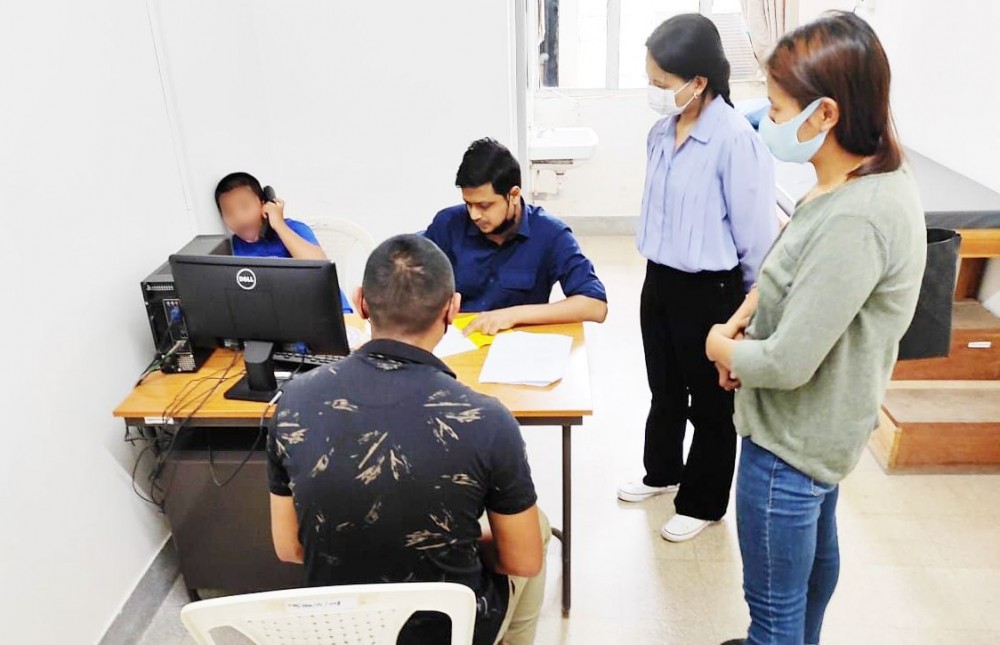
Mongsentong Longkumer
Dimapur | September 4
Treatment and care for mental disorders are few and far in-between in a state like Nagaland which has not fully mobilised workforce, resources and infrastructures needed for such an undertaking.
Most district hospitals also lack an in-house psychiatrist even though they are required to do so under the District Mental Health Programme (DMHP). According to the Department of Health and Family Welfare (DoH&FW) webite, only five districts have done so (Dimapur, Kohima, Mokokchung, Phek and Longleng).This creates a huge disadvantage for the people, particularly the less-privileged sections of society.
However, the Christian Institute of Health Sciences and Research (CHISR) located at 4th Mile Dimapur, in the last few years, has done some notable commendable work towards bridging the gap between providing facilities and medical experts for treating patients with mental disorders.
Having tied up through an Memorandum of Understanding (MoU) signed with Prodigal’s Home, the hospital has become the refuge for patients enrolled under the NGO’s Community Mental Health Programme (CMHP), who are provided with free medication and counselling from a professional Psychiatrist from Guwahati, Dr Sushil Agarwal. The appointments are made once with the doctor, at the end of every month after informing the patients through phone calls.
At the hospital’s Outpatient Department (OPD), several dozen patients await their turn to meet the doctor. Some were on their first visit while others had come for follow-up consultation.
“Wherever one goes in India, you will get an equal number of patients like this,” Dr Agarwal informed.
Most of the patients being treated by the doctor were between the age group of 20-40 years, the peak period during which the condition starts developing, according to observational data.
Cases of epilepsy are among the patients were most common according to the medical professional.
But without sounding the alarm bells, he supposed that “maybe it is because of the treatment we give to the patients which may improve their condition.”
“As such more patients with the same medical condition are being referred to our care, through word-of-mouth, due to the good rapport we have made with the families and patients.”
Agarwal also noted the lack of trained psychiatrists in primary health centres (PHCs) were common across all states in the country, and a problem not restricted to Dimapur or Nagaland alone.
The most important measure in the absence of a psychiatrist or similarly trained professional, to oversee patients suffering from mental disorders, is to train the existing medical professionals/doctors in treating minor or even major ailments, especially at PHCs.
“If they are unable to treat the patients at the PHC then maybe those cases can be referred to a centre whether a physiatrist is available within that district or state. That should be the model going forward,” he remarked.
Even with the availability of a psychiatrist, the problem lies in the insufficient use of the services by the people. “So there is a gap between the service provider and services utilised,” he said. As such, the need for creating awareness at the grassroots is crucial for helping patients access the available services.
He further mentioned that the other existing gaps can be filled up by NGOs and organisations playing a proactive role in reaching out to patients, in coordination with state health officials and workers, similar to the CMHP project of Prodigal’s Home.
This is the second of a three-part series






